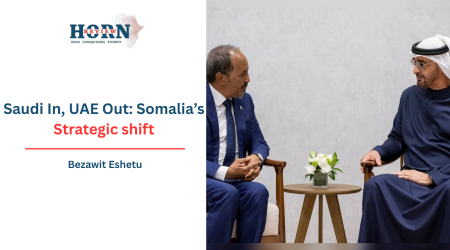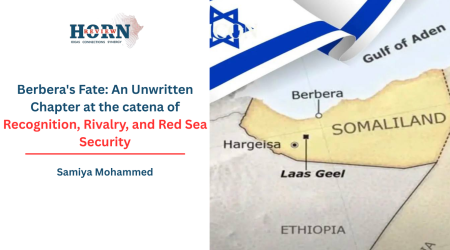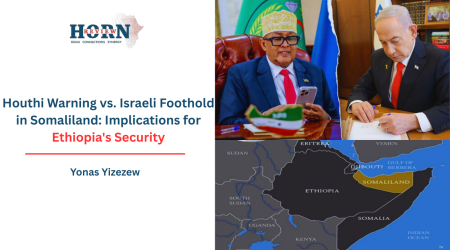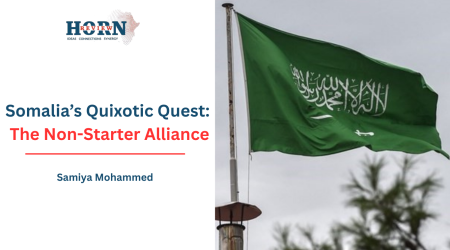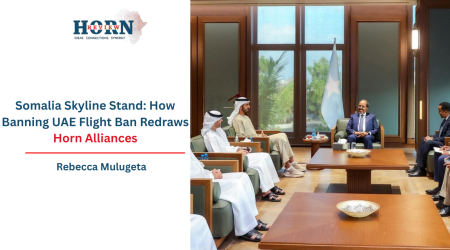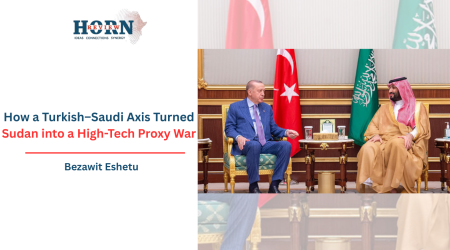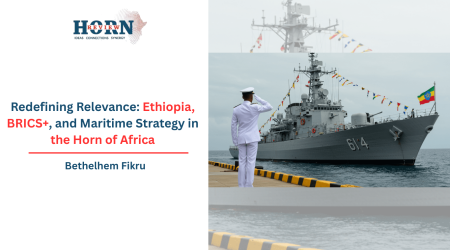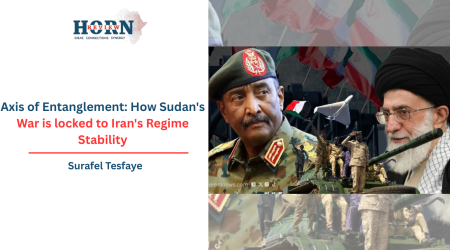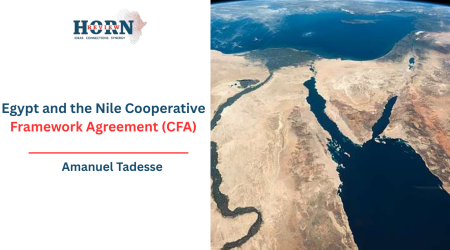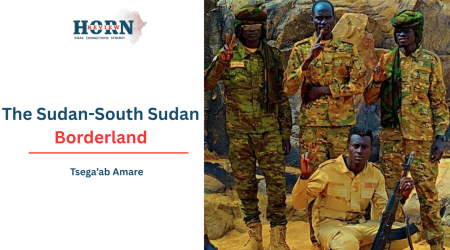
9
Jun
The Elite Manipulation: The Complexity of the Underdog Narrative
Somali politics, marked by decades of conflict and fragmentation, presents one of its most intricate dilemmas in the question of Somaliland. Among segments of Somaliland’s youth – descendants of the former British Protectorate – their region’s pursuit of self-determination, grounded in colonial-era borders established in Europe, resonates deeply with historical experiences and aspirations.
At the same time, Somali unionists emphasize the constitutional and symbolic importance of the 1960 Act of Union, advocating for its renegotiation through dialogue and reconciliation. This tension frames a complex debate involving history, identity, governance, and sovereignty.
An added layer of complexity emerges from individuals originating in the northern parts of the former Italian-administered Trust Territory of Somaliland – regions such as Sool, Sanaag, and Cayn (SSC). These areas, which remain contested between Somaliland and Puntland, often see advocates supporting Somaliland’s secession while questioning similar self-determination claims within their own regions. This juxtaposition highlights the nuanced realities shaped by history, local politics, and identity.
Somaliland’s claim to distinctiveness is founded on a variety of factors. Its colonial experience under British administration differed from that of southern Somalia under Italian rule. More significantly, Somaliland’s post-1991 trajectory diverged markedly. While southern Somalia experienced prolonged conflict and political instability, Somaliland’s clans, drawing on traditional conflict-resolution mechanisms, initiated local peacebuilding processes that led to the establishment of governing institutions. Cities like Hargeisa have emerged as centers of relative stability and governance, offering a model of resilience within a challenging environment. This narrative supports the view among many Somalilanders that their quest for independence is both understandable and justifiable.
The 1960 colonial borders provide an internationally recognized territorial framework for Somaliland’s claims. Supporters argue that their pursuit is not secession per se but a restoration of sovereignty that was compromised by a union that, in their view, failed.
Conversely, proponents of Somali unity, many based in Mogadishu and the diaspora, ground their position in the Act of Union – a landmark legal and symbolic commitment to uniting Somali territories. This union reflected a broader vision of Somali nationalism transcending colonial divisions, uniting people through shared language, culture, and history.
For unionists, maintaining the union is essential to preserving national unity and stability. They advocate resolving differences through inclusive dialogue, seeking a federal arrangement that accommodates regional diversity while upholding a unified Somalia. This approach acknowledges grievances and aims for reconciliation and reconstitution rather than fragmentation.
The tensions become particularly acute in the contested SSC regions. Populations there have expressed diverse political aspirations – ranging from integration with Puntland, autonomy within Somalia, to local self-determination – often resisting Somaliland’s authority. Some diaspora voices from these regions support Somaliland’s independence claim, yet appear less supportive of similar expressions of self-determination by their own communities. This discrepancy reflects the complexities of diaspora identity, local politics, and competing visions of Somali nationalism.
The selective emphasis on colonial boundaries also complicates the debate. Advocates of Somaliland’s borders emphasize the historical boundary between British and Italian Somaliland while downplaying the significance of internal administrative boundaries within the former Italian territory that underpin Puntland’s claims. This uneven application of colonial borders raises questions about consistency in territorial claims.
Historical grievances, including the repression experienced under Siad Barre’s regime, remain central to Somaliland’s narrative. However, it is also important to recognize the diverse experiences of different clans within the broader Somali context, including those in contested regions who have faced their own challenges and seek recognition.
Somaliland’s governance in contested areas remains fragile and sometimes contested, reflecting ongoing political and social complexities. Effective legitimacy requires not only territorial control but also inclusive governance and respect for the political aspirations of all communities within its claimed borders.
This situation underscores the broader challenges facing Somali politics: overlapping identities, historical legacies, and competing political projects. Geographic distance and diaspora dynamics can sometimes amplify particular narratives, while local realities on the ground are often more nuanced and contested.
The political landscape in Somalia is deeply influenced by clan affiliations and alliances, which shape positions and strategies across regions. These dynamics can produce apparent contradictions, reflecting the balancing act between local interests, clan loyalties, and broader political objectives.
Supporting Somaliland’s achievements in peacebuilding and governance need not come at the expense of acknowledging its limitations and challenges in contested territories. Similarly, advocating for Somali unity requires an honest reckoning with past failures and a commitment to accommodating diversity within a shared political framework.
For many, the search for stability and identity is a response to decades of uncertainty and conflict. While aspirations differ, the common goal remains the pursuit of peace, security, and prosperity for all Somali communities.
Moving forward requires honest and inclusive dialogue, recognizing the legitimacy of diverse perspectives while seeking practical and consensual solutions. Respect for the political agency of communities in contested regions – such as those in Sool, Sanaag, and Cayn – must be central to any sustainable resolution.
A future Somali polity may require innovative constitutional arrangements that transcend rigid binaries of secession versus union. Options such as confederation or asymmetric federalism could provide frameworks that respect distinct histories and foster shared futures.
Ultimately, Somaliland’s quest for international recognition depends on its ability to build consensus and legitimacy across all its claimed territories. Genuine state-building demands inclusive political processes that embrace diversity rather than suppress dissent.
Somali political discourse, including within the diaspora, benefits from moving beyond symbolic positions toward engagement with the complexities on the ground. This involves recognizing multiple layers of grievance and aspiration, and prioritizing outcomes that improve the lives of Somali people.
The debate surrounding Somaliland and Somalia is a reflection of broader challenges faced by many post-colonial states grappling with identity, sovereignty, and nationhood. Constructive engagement, grounded in empathy and respect, offers the best path toward reconciliation and shared progress.
By Samiya Mohammed,Researcher,Horn Review

